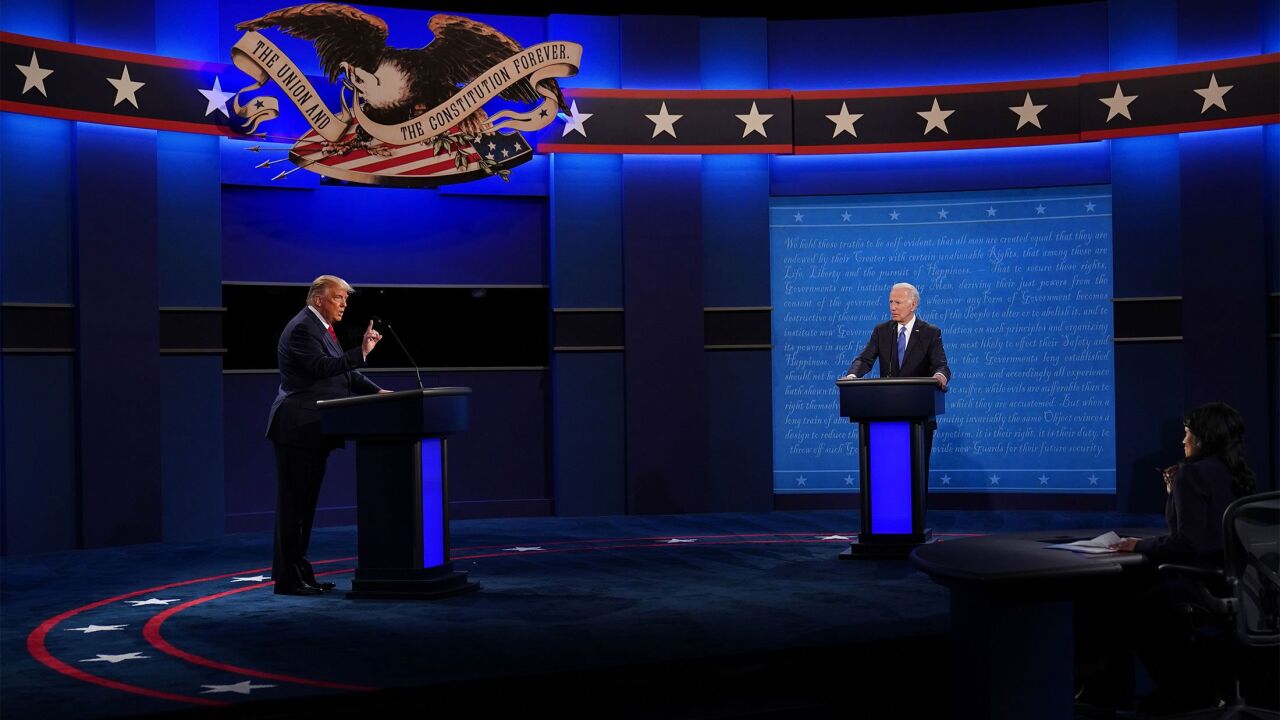The Supreme Court declined to hear a case involving a Colorado cannabis business that refused to cooperate with an Internal Revenue Service audit and turn over business records.
The case involved The Green Solution Retail, Inc., a Colorado-based marijuana dispensary with several locations in the state. The IRS was auditing the company’s tax returns for 2013 and 2014 to decide whether it should apply a law that forbids federal tax deductions and credits to companies trafficking in a controlled substance. The IRS’s initial finding was that Green Solution trafficked in a controlled substance and had violated the Controlled Substances Act, according to an appeals court ruling last year. It then asked the company to turn over documents and answer questions related to whether it should be disqualified from taking tax credits and deductions under section 280E of the tax code. The IRS had not made an assessment or begun collection proceedings against the company.
Green Solution then sued the IRS in a Colorado district court, arguing the IRS was acting outside its statutory authority in finding that a taxpayer had trafficked in controlled substances. It claimed it would suffer irreparable harm if the IRS were allowed to continue its investigation because a denial of deductions would deprive it of income, constitute a penalty that would effect a forfeiture of all its income and capital, and violate its Fifth Amendment rights.
The IRS moved to dismiss the claim, saying Green Solution’s claim for injunctive relief was foreclosed by the Anti-Injunction Act, which bars lawsuits for the purpose of restraining the assessment or collection of any taxes. The IRS also contended Green Solution’s claim for declaratory relief violated the Declaratory Judgment Act, which prohibits declaratory judgments in some federal tax matters. The Colorado district court agreed with the IRS and dismissed the lawsuit with prejudice.
Last year, a federal appeals court upheld the ruling, but concluded only that the Anti-Injunction Act and the Declaratory Judgment Act barred the lawsuit, noting, “because the IRS’s investigation of Green Solution’s business records is an ‘activity leading up to’ an assessment, we conclude Green Solution’s lawsuit was filed for the purpose of restraining any such assessment and is therefore barred by the AIA and DJA.” However, the appeals court added, “To the extent Green Solution argues the IRS exceeded its authority under the Internal Revenue Code, we lack subject matter jurisdiction to consider the merits of the argument. We decide here only that the IRS’s efforts to assess taxes based on the application of § 280E fall within the scope of the AIA.”
The U.S. Supreme Court officially declined Monday to take up the case. Green Solution and its attorney did not immediately respond to a request for comment.





